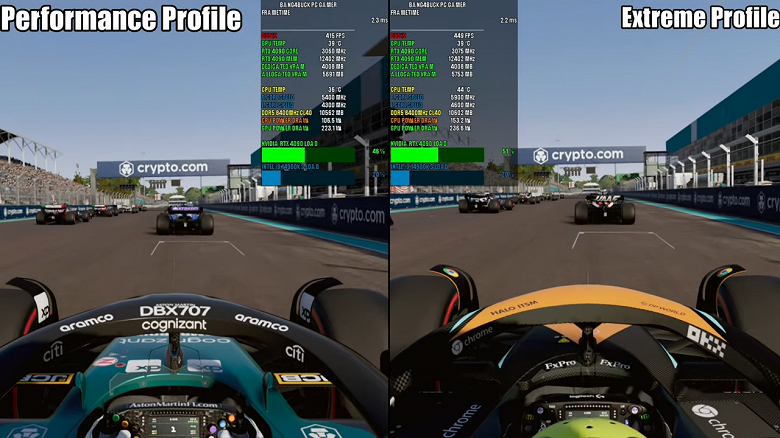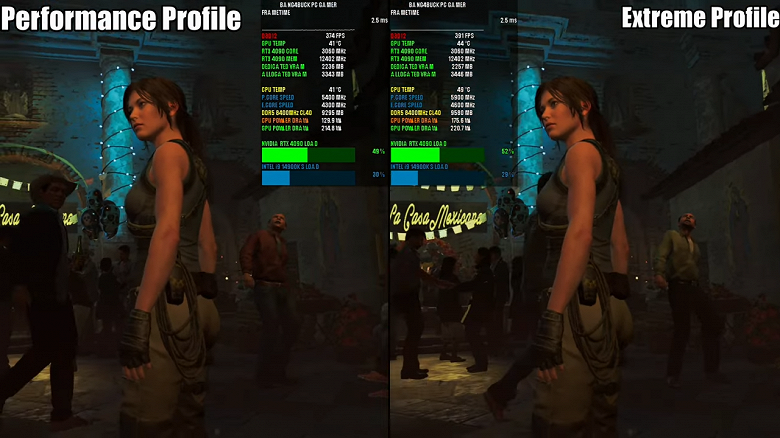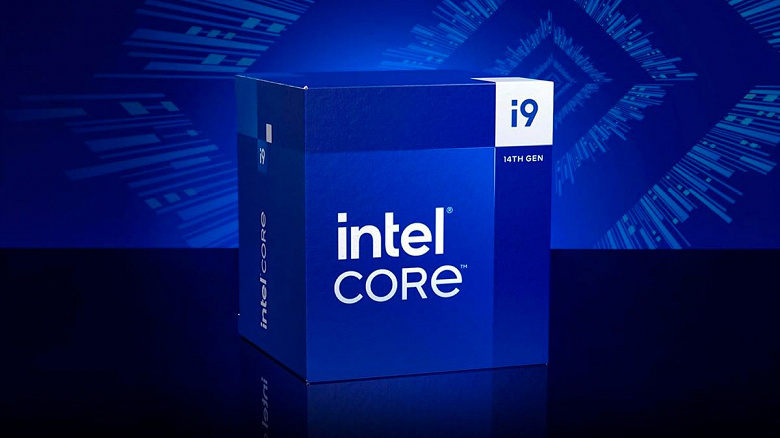It is logical that when ICC max is reduced to 249A, the frequency will drop even more
Intel blamed motherboard manufacturers for the problem of unstable operation of top-end Core processors of the 13th and 14th generations: BIOS systems allowed the CPU to go beyond the parameters set by Intel itself. Now the company will require the introduction of a new Intel Default Settings profile into the BIOS, which will prevent the CPU from going beyond the «branded» parameters and thereby maintaining the stability of the system. However there is a caveat: performance may suffer, and very much.
In accordance with the new requirements, the values of PL1 and PL2 will be set at 125 and 188 W, and the current (ICC max value) will be limited to 249A. What the end result will be is unknown, but Bang4BuckPC Gamer's testing of games gives some idea.
The Core i9-14900KS was tested in various games with an ICC max limit of 307A, which corresponds to the proprietary Intel Performance preset. So, with the specified limitation and in the mode of such «performance» The frequency of the Core i9-14900KS decreased to a minimum of 5.1 GHz, that is, it decreased by 17% relative to the maximum declared frequency of 6.2 GHz. The drop in FPS in games is well characterized by the screenshot. It is clear that limiting ICC max to 249A will reduce frequencies (and, accordingly, system performance) even more.


New BIOS with Intel Default Settings should be released on May 15, then the full scale of the disaster will become clear. But clamping down on consumption by turning a powerful CPU into a vegetable is not the most adequate solution. And are motherboard manufacturers really to blame for this situation?

